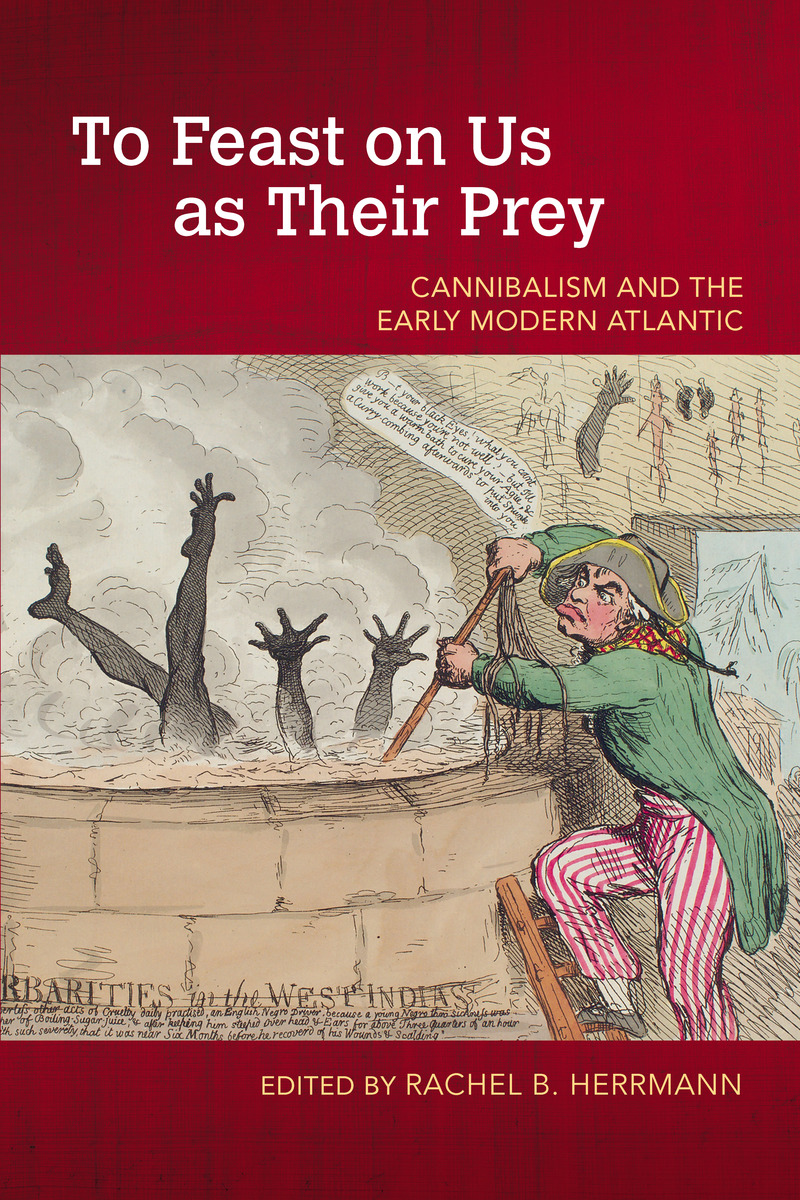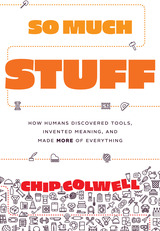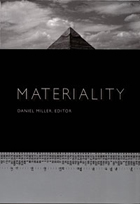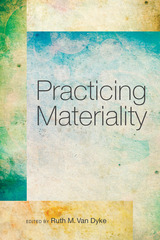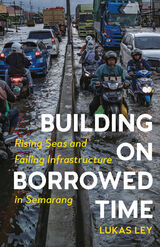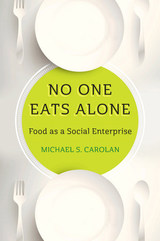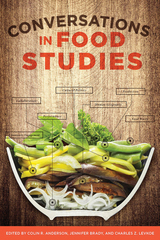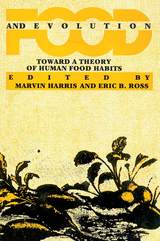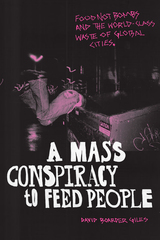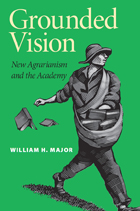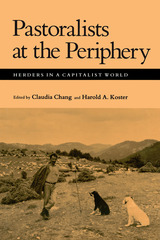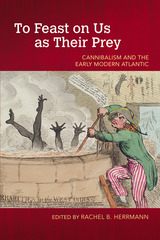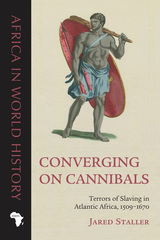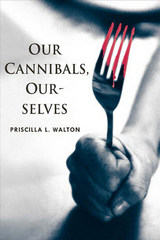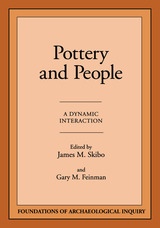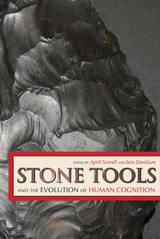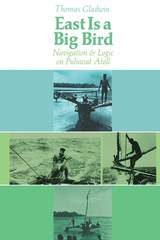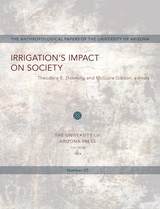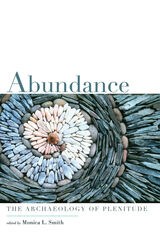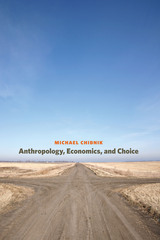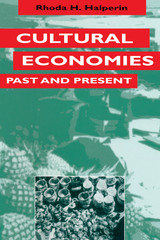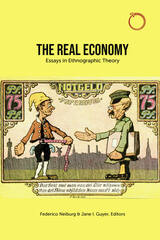“To Feast on Us as Their Prey raises the academic-historical study of cannibalism to a new level. ‘Cannibal’ is a loaded word; in the past, New World colonists, who feature prominently in these pages, denounced Native populations as ‘kennyballes’ and ‘canibales’ as a rationale for conquering them. Yet there is ample evidence that ‘civilized’ people too, including some colonists, resorted to cannibalism as a coping strategy in famine conditions in the past—and that they were forgiven for doing so. The topic is an inherently complex and disturbing one, which the ten essays in this collection handle with sensitivity, learning, and originality.”
—Cormac Ó Gráda, author of Eating People is Wrong and Other Essays on Famine and coeditor of Famine in European History
“Europeans in the early modern world imagined the Americas and Africa to be full of dangers, cannibals perhaps most disturbing among them. To Feast on Us as Their Prey collects ten compelling essays that expand our understanding of anthropophagy, both real and imagined. … This collection expands the scope of cannibalism studies, putting this history into conversation with broader studies of race, gender, and empire, and approaches taken by food historians to studies of hunger and cultures of consumption. … Herrmann and the other authors in this volume present a history that is intensely human, caught up with questions about bodies, spiritual power, and control. An index, too often omitted from essay collections, allows readers to quickly connect ideas present in different essays. Historians of the Atlantic world, exploration, and early encounters broadly, as well as scholars investigating the hunger that pervaded the region and the fear that accompanied it, will find much that is useful in this book, which encourages us to consider how cannibalism influenced so much of this period.”
—Adrian Finucane, Journal of American History, March 2021
“The subject of this ambitious anthology focuses on this most barbarous of all human behaviors—cannibalism—and its associated historical meanings. The collection is the latest addition to Arkansas’ Food and Foodways series, and it takes a profoundly different direction in its study of the human relationship to food and hunger. The 10 essays contribute to the duality of cannibalism and its use in identifying groups in need of control, but also the moral outrage surrounding the actions of more ‘civilized’ colonists. As editor, Herrmann identifies three overlapping questions in the field of cannibalism studies that interconnect themes of atrocity, savagery, power, and group dynamics to hunger (both physical and metaphorical). Did cannibalism take place at certain times or locations from a global perspective? What are the meanings behind certain acts of cannibalism, insinuated or real? Finally, what did individual cases mean in regard to the categorization of practical, religious, symbolic, and gendered mores? In answering these questions, the individual chapters contend that the act of cannibalism must be analyzed within broader questions of chronology and geographical conceptions of the Atlantic world. Summing Up: Recommended. All academic levels.”
—E. K. Jackson, Choice Reviews, August 2019
